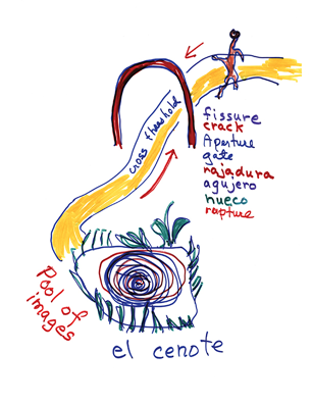Course
CourseTake your future into your own hands! Design your own course and learn how you want to make an impact on others with theatre through making and research.
Principles
Important principles on the course are :
Structure of the course
Rather than choosing individual subjects, you will be working on a project basis. Everything you learn is significant, directly connected to practice and underpinned by theory. Making you a theatre maker with a good theoretical grounding and a critical eye. The project-based education takes shape in labs, studios and building blocks.
We have divided the curriculum into three phases.
International
The professional field is international, which is why you are encouraged to follow part of your course abroad, by means of exchanges and internships. Our lecturers maintain international contacts, through which we have been collaborating intensively with regular partners in Surinam, the Netherlands Antilles, Italy, Belgium and Germany for many years.
More depth if you want it
Students who want to go into greater depth in research can participate in the ArtEZ Honours Lab. Further in-depth activities are organised by and in partnership with ArtEZ Studium Generale.
Studying in Zwolle
You can find more information about studying in Zwolle here.
Apply now
If you know enough and you are keen to apply, click through to Studielink.
Apply directly with Studielink
